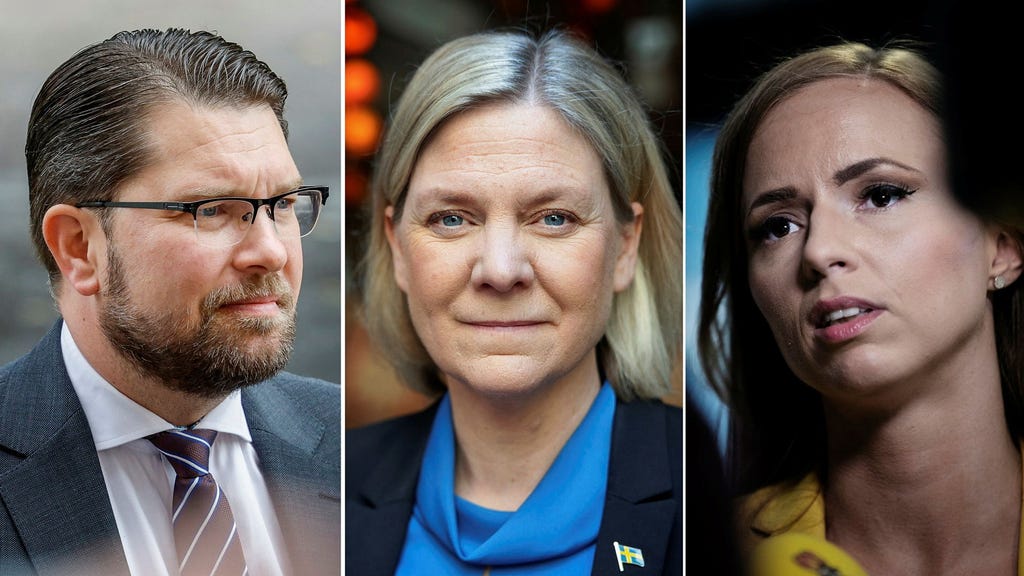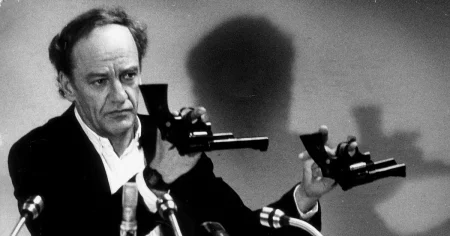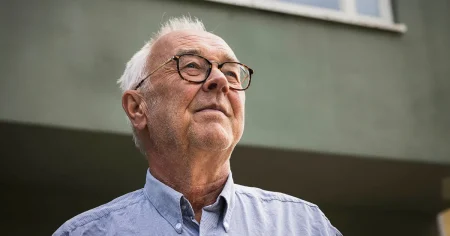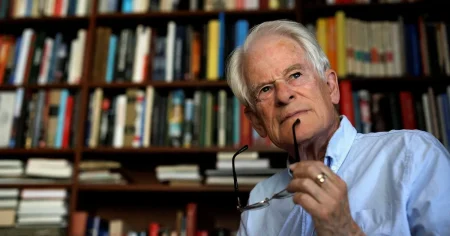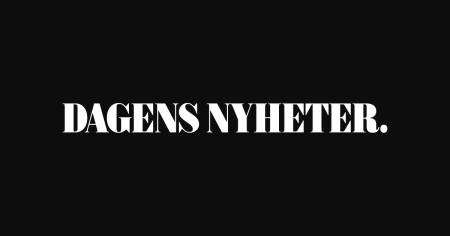Political Upheavals and Scandals Shake Swedish Politics
The year 2024 witnessed a tumultuous period in Swedish politics, marked by resignations, controversies, and shifting alliances. The Green Party experienced internal turmoil with the resignation of co-speaker Märta Stenevi amidst allegations of a "toxic" leadership style and an unsustainable work environment. This leadership change coincided with broader political realignments, most notably Sweden’s historic application and eventual acceptance into NATO, a move that solidified the country’s security posture in the face of evolving geopolitical dynamics. However, the government’s climate plan faced severe criticism from the Climate Policy Council, which deemed it insufficient to meet national and EU targets, highlighting a growing tension between security concerns and environmental commitments.
The political landscape further fragmented with the formation of the Folklistan party, spearheaded by Sara Skyttedal after her ousting from the Christian Democrats’ list for the European Parliament elections. This new venture, however, proved short-lived, failing to secure any seats in the election and quickly dissolving. Meanwhile, the Sweden Democrats, a key player in the governing coalition, found themselves embroiled in a "troll factory" scandal, exposed by an undercover investigation revealing the party’s coordinated use of fake social media accounts to manipulate public opinion. This revelation strained the ruling coalition, with Prime Minister Ulf Kristersson calling the actions damaging to trust and raising questions about the integrity of online political discourse.
The European Parliament elections brought further surprises, with the Sweden Democrats experiencing their first electoral setback and the Green Party surging to become the third largest party. However, the SD’s election night was marred by controversy when a party member was caught on camera singing a song with xenophobic lyrics, prompting his resignation from parliament and raising concerns about extremist elements within the party. The energy policy debate continued to dominate the political agenda, with the government pushing for new nuclear power plants while simultaneously rejecting several offshore wind farm projects due to national security concerns, raising questions about the coherence and long-term vision of the country’s energy strategy.
Financial scandals also rocked the political establishment, with the Social Democrats facing scrutiny over their aggressive lottery sales tactics targeting elderly people, leading to the dismissal of the lottery company’s CEO and a broader investigation into party fundraising practices. This scandal prompted calls for tighter regulations on party lotteries, potentially reshaping the landscape of political financing in Sweden. High-profile resignations continued to disrupt the political scene, with Foreign Minister Tobias Billström unexpectedly announcing his departure from politics altogether, prompting a cabinet reshuffle and raising questions about the stability of the government. Further complicating matters, former Moderate Party leader and Stockholm County Governor Anna Kinberg Batra was forced to resign following criticism of her hiring practices, adding to the sense of upheaval and instability within the political system.
The personal lives of political figures also came under scrutiny, with the attendance of a leading member of a motorcycle gang at Sweden Democrats leader Jimmie Åkesson’s wedding sparking controversy and raising questions about his judgment and associations. Åkesson denied knowing about the individual’s background, but the incident nonetheless cast a shadow over the event and fueled speculation about the party’s connections to controversial figures. The Left Party faced its own internal struggles, grappling with accusations of antisemitism within its ranks and the expulsion of a prominent member for expressing support for a designated terrorist organization. These controversies led to the Jewish Central Council excluding the Left Party from memorial events and raised doubts about the party’s suitability as a potential government partner.
Finally, the year concluded with a significant shift in economic policy, as the Social Democrats and the ruling coalition agreed to replace the country’s budget surplus target with a balanced budget goal, despite Sweden’s already low national debt. This move drew criticism from opposition parties and business groups who argued for greater investment in infrastructure and energy. The Green Party faced further internal challenges with the resignation of a member of parliament following allegations of inappropriate behavior at a party event, highlighting the ongoing struggles within the party. Meanwhile, the Center Party experienced a leadership crisis, with internal criticism of Muharrem Demirok’s leadership style and stance on government formation, culminating in the resignation of a party member facing investigation for alleged sexual offenses. These events underscored the volatile and unpredictable nature of Swedish politics in 2024, a year marked by scandals, resignations, and shifting power dynamics.





